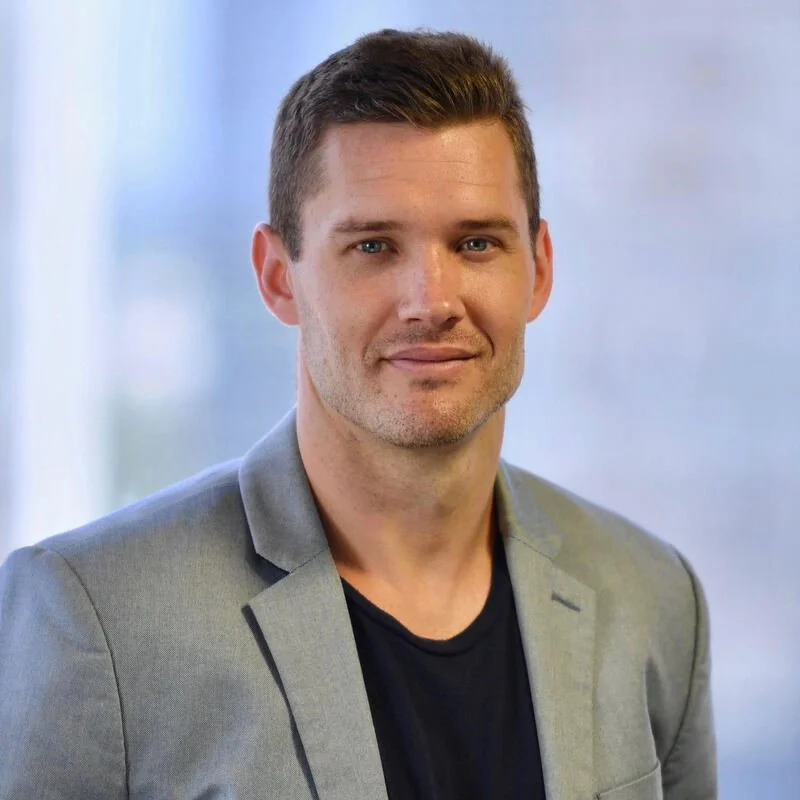Event Summary
The boom in generative AI awareness and usage has stoked public interest in how realistic AI-generated content can be—and whether it can be detected as AI or not. This recalls the Turing test, first posed by Alan Turing as the 'imitation game,' about whether an AI can demonstrate behavior so intelligent that it is indistinguishable from real human behavior. In the 2014 science-fiction movie “Ex Machina,” one of the main characters develops an AI (in this case, in a robot form) and asks another of the main characters to evaluate whether it passes this test. So, now is a fantastic time to rewatch “Ex Machina” and explore how close we may be to AIs that can pass as human. Join us as we rewatch this amazing film, and stay for Q&A with AI experts who will answer your questions and provide their expertise and insights on the realism in this movie and the possibilities of AI that can routinely pass the Turing test—and what that might mean for human and society.
Panelists
Maggie Engler, Technical Staff, Microsoft AI
Maggie Engler is a technologist and researcher focused on mitigating abuses in the online ecosystem. Currently, she is working on the safety of large language models at Microsoft AI. Previously, Maggie worked on developing machine learning for policy enforcement at Twitter, on detecting and demonetizing online disinformation at Global Disinformation Index, and on user behavior at Duo Security. She has also been a lecturer at the University of Texas at Austin teaching human-centered data science. Maggie holds bachelor’s and master’s degrees in Electrical Engineering from Stanford University with a Notation in Science Communication with distinction and was an Assembly fellow at the Berkman Klein Center for Internet and Society at Harvard University.
Steve Meier, Co-founder, KUNGFU.AI
Steve is a co-founder of KUNGFU.AI, a category leader in the AI professional services space. He leads the innovation and growth teams at KUNGFU.AI, a management consulting and engineering firm that helps companies define and accelerate AI programs. He has over six years of experience in AI strategy, selling AI services, and leading a rocket science consulting firm in an emergent market. He has an MIT Sloan School of Management certificate in Artificial Intelligence: Implications for Business Strategy.
Peter Voss, CEO/ Chief Scientist, Aigo.ai
Peter's careers include being an entrepreneur, engineer and scientist. His experience includes growing a computer solutions company from zero to a 400-person IPO. In 2001, after several years of intensive research, he co-coined the term ‘AGI’ (Artificial General Intelligence) in 2002 and has since focused on creating advanced, practical AGI systems.
Peter is CEO and Chief Scientist at Aigo.ai, the only company offering a 'Chatbot with a Brain'. The company recently launched a major effort to develop the next generation of their Cognitive AI platform to get to full human-level AGI. Peter also has a keen interest in the inter-relationship between philosophy, psychology, ethics, futurism, and computer science.



